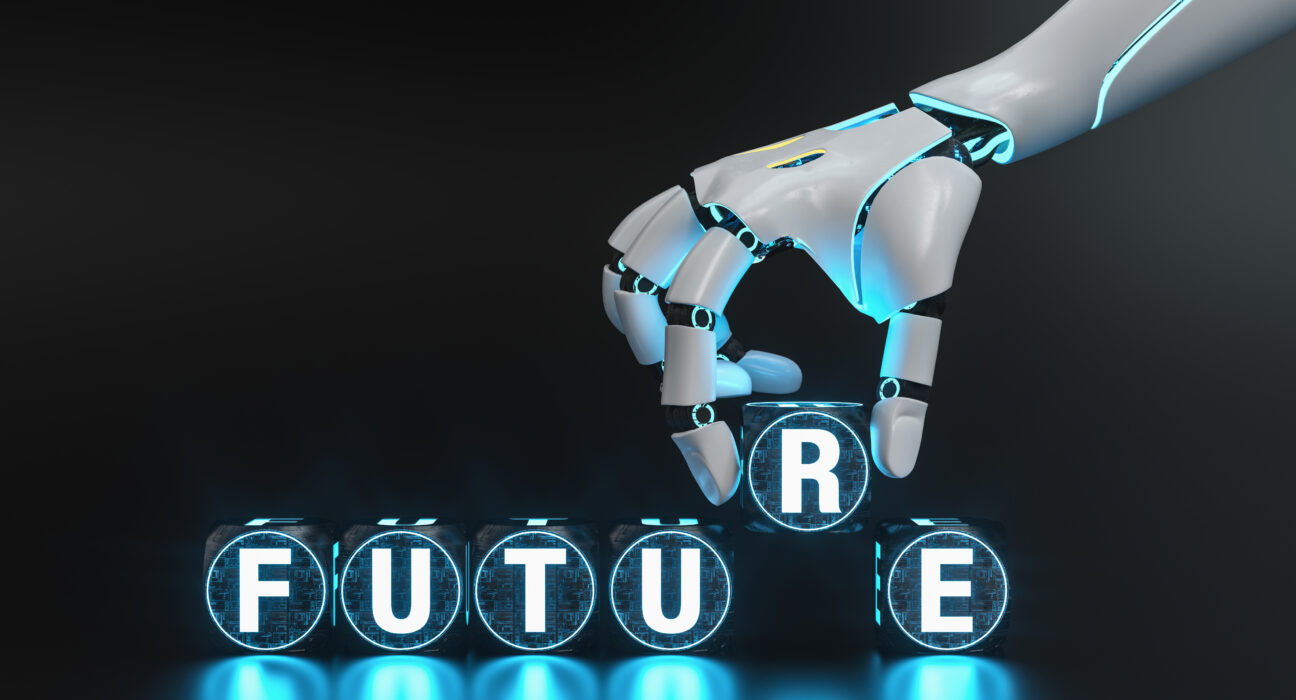Introduction:
Artificial Intelligence (AI) has rapidly advanced in recent years, transforming various aspects of our lives. From self-driving cars to virtual assistants, AI technologies are becoming increasingly integrated into our daily routines. In this blog, we will delve into the future of AI, exploring its potential applications, the impact it may have on society, and the ethical considerations that arise as AI continues to evolve.
Enhanced Automation:
AI is poised to revolutionize automation across industries. As AI systems become more sophisticated and capable, they will increasingly take over repetitive and mundane tasks, allowing humans to focus on more complex and creative work. This shift will not only increase efficiency but also open up new possibilities for innovation and productivity.

Healthcare Transformation:
AI holds great promise in the field of healthcare. With the ability to analyze vast amounts of medical data and assist in diagnosing diseases, AI can help healthcare professionals make more accurate and timely decisions. AI-powered systems can also enhance patient monitoring, drug discovery, and personalized treatment plans, leading to improved healthcare outcomes.
Smart Cities and Infrastructure:
AI technologies can revolutionize the way we build and manage cities. From traffic optimization and energy management to waste management and public safety, AI can make urban systems more efficient, sustainable, and responsive to the needs of residents. Smart city initiatives that leverage AI have the potential to enhance quality of life and create more livable and environmentally friendly cities.
Education and Personalized Learning:
AI has the potential to transform education by enabling personalized learning experiences. Adaptive learning platforms can assess students’ strengths and weaknesses, tailoring educational content to their specific needs. AI-powered virtual tutors and chatbots can provide individualized support and assistance, improving engagement and educational outcomes.
Ethical Considerations:
As AI becomes more prevalent, it is crucial to address ethical considerations. Issues such as bias in algorithms, privacy concerns, and the impact on jobs and employment need to be carefully addressed. Responsible development and deployment of AI systems require transparency, accountability, and ongoing evaluation of potential risks and unintended consequences.
Augmented Intelligence:
The future of AI lies in the concept of augmented intelligence, where AI systems work in collaboration with humans to amplify their capabilities. Rather than replacing humans, AI technologies can assist in decision-making, provide insights, and enhance productivity. This symbiotic relationship between humans and AI can lead to more innovative solutions and better outcomes.
Trust and Explainability:
Building trust in AI systems is crucial for their widespread adoption. Ensuring transparency and explainability in AI algorithms and decision-making processes is essential. Users should understand how AI systems arrive at their conclusions, enabling them to trust and have confidence in the technology.
Collaboration and Regulation:
The future of AI requires collaboration between various stakeholders, including governments, industry leaders, researchers, and the public. Developing ethical frameworks, guidelines, and regulations that govern the development and use of AI is crucial to ensure its responsible and beneficial integration into society.
Socioeconomic Impact:
AI’s rapid advancement raises concerns about its impact on jobs and socioeconomic inequality. While certain jobs may be automated, new roles and opportunities will emerge. It is essential to focus on reskilling and upskilling the workforce, ensuring that the benefits of AI are distributed equitably.
Continued Research and Innovation:
The future of AI depends on continued research and innovation. Advancements in areas such as machine learning, natural language processing, and robotics will shape the next generation of AI technologies. Collaboration between academia, industry, and government will drive breakthroughs and ensure the responsible and positive evolution of AI.
Conclusion:
The future of AI is both exciting and complex. With its potential to revolutionize industries, enhance efficiency, and improve quality of life, AI holds great promise.


Leave feedback about this